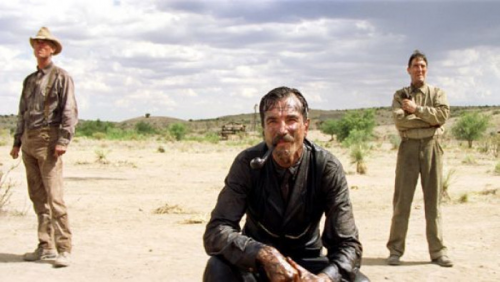Just started hearing about this, maybe old news to others:

 www.secondamendmentdaily.com
www.secondamendmentdaily.com

Google And Facebook Are Making a Photo Gun Registry Complete With Serial Numbers
Washington, DC — On Wednesday, The Firearm Blog posted a story that will likely blow most gun owners away. Earlier... View Article
 www.secondamendmentdaily.com
www.secondamendmentdaily.com







